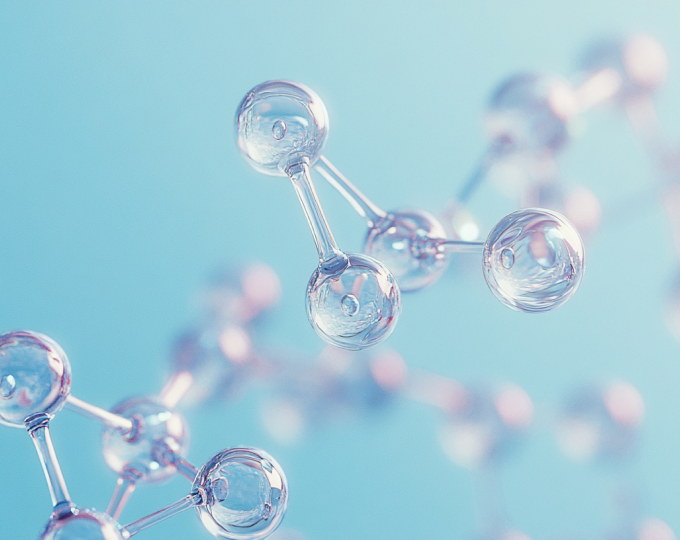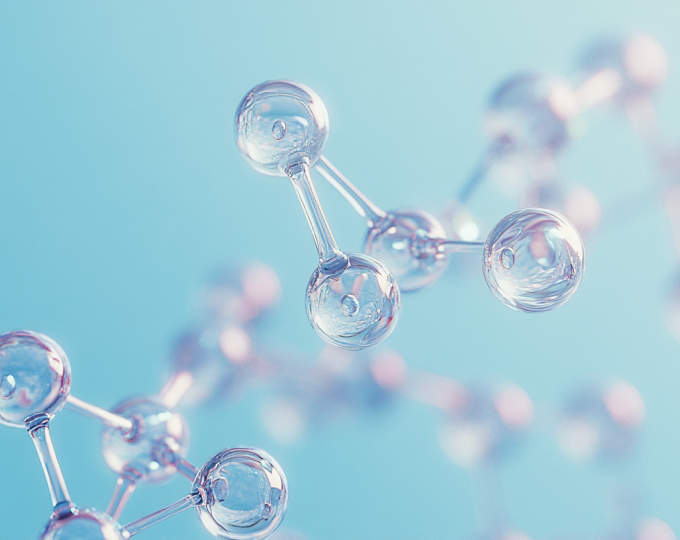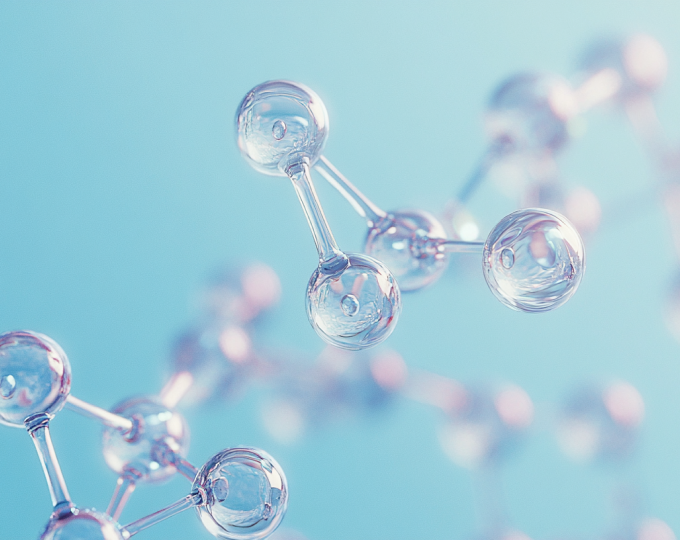Themen dieses Blogartikels:
What is Glutamine?
Glutamine is a non-essential amino acid and can therefore be produced by the body itself.
What are the functions of Glutamine?
Glutamine is proteinogenic. This means that your body needs this amino acid to build proteins. In addition, glutamine is glucogenic, which means that this nutrient can be converted into sugar. Glutamine is important for the care of mucous membranes1 and for communication in the nervous system2: two neurotransmitters can be produced from glutamine. Glutamine also promotes muscle growth.3
What makes Glutamine unique?
Glutamine is an alternative fuel source in critical situations and can therefore be used to supply the cells with energy.
How much Glutamine do you need per day?
As the body can normally produce glutamine and its precursor glutamic acid itself, there is no information on the recommended daily requirement. An estimated 10,000 mg of glutamine is produced per day.4
When do you need Glutamine most?
Glutamine is of great importance in acute inflammation and injuries, as this amino acid is involved in wound healing.5
How does a Glutamine deficiency develop and how does it manifest itself?
A glutamine deficiency is rare. In healthy people who eat a balanced diet, the body can provide sufficient glutamine. There is an increased need for it after serious injuries or operations, for example, so that a deficit can develop in these situations in the short term. In addition, chronic inflammatory bowel diseases such as Crohn's disease can lead to problems with nutrient absorption, meaning that too little glutamine is produced. This can weaken the immune system, which can result in an increased susceptibility to infections.6
What happens if there is an overdose of Glutamine?
If you have taken too much glutamic acid, the precursor of glutamine, in the form of food supplements, your body will try to excrete it naturally. If this is not successful, you may experience a tingling sensation or develop diarrhea.7
Which foods are particularly high in Glutamine?
Many different foods such as cereals, red meat and cheese contain the precursor glutamic acid, which is converted into glutamine by the body.
This dictionary entry is based on carefully researched sources:
Bibliography & Sources
- https://ptaforum.pharmazeutische-zeitung.de/glutamin-unter-der-lupe-140735/seite/alle/?cHash=44484dd7e5392f4896c39fe83fa6c3dc
- https://flexikon.doccheck.com/de/Glutamin
- https://www.aerzteblatt.de/archiv/13430/Intensivmedizin-Patient-profitieren-von-Glutamin
- https://www.vitamindoctor.com/naehrstoffe/aminosaeuren/glutamin
- https://www.klinik-st-georg.de/glutamin/
- https://www.adler-apotheke-kirchheim.de/gesundheitsbibliothek/index/l-glutamin-l-glutaminsaeure/
- https://www.dr-gumpert.de/html/glutamin.html




















